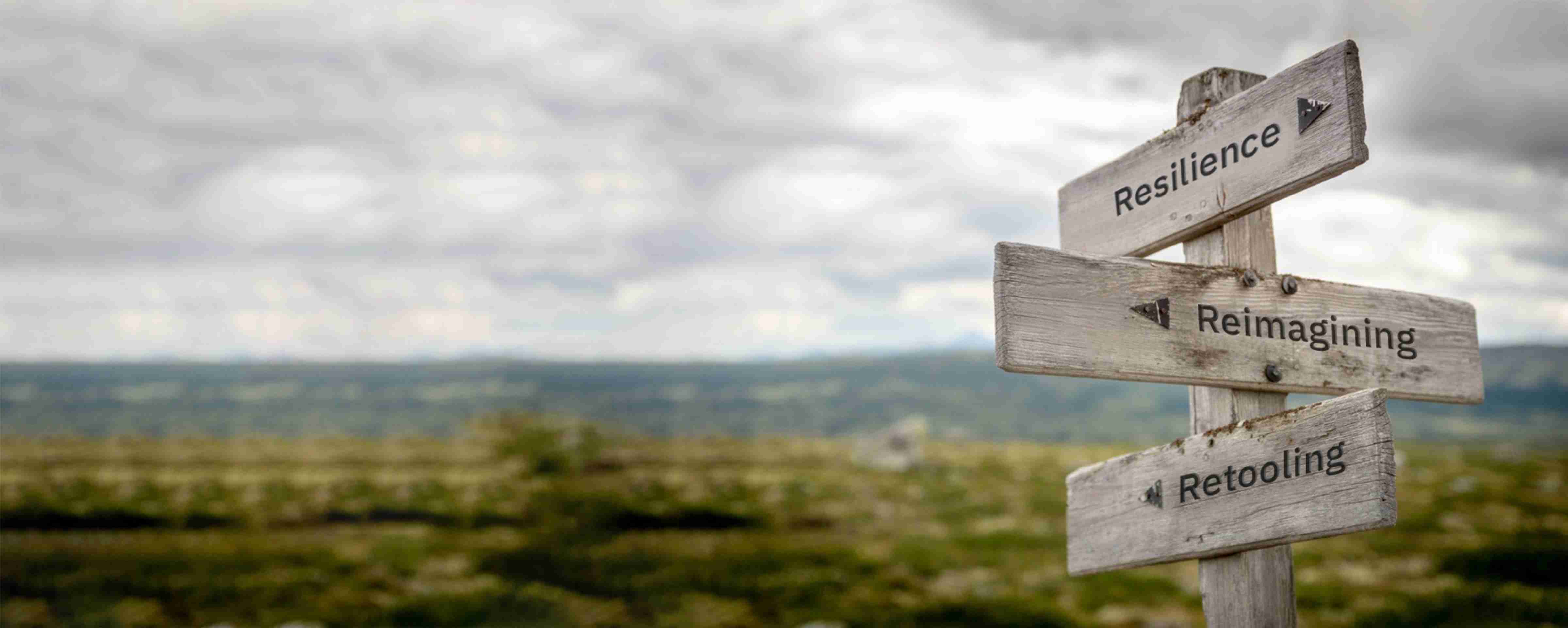The 21st Century Paradigm in the Classroom
Location
Zoom Room 5
Start Date
25-3-2021 2:10 PM
End Date
25-3-2021 2:30 PM
Type of Presentation
Scholarly Work Presentation (15 minutes)
Proposal for Presentation
When one thinks of the 21st century, a few things may come to mind, such as rapidly increasing knowledge, the age of technology, and a new generation all together of swift thinkers. As the world around us changes so does the curriculum in the classroom. The 21st century has prompted the establishment of a movement that implements skill sets in the classroom such as critical thinking, problem solving, effective communication, and collaboration. Many school districts agree with this new change, and encourage teachers to hone in on these skills for students so that they will be well equipped for when it is their time to go out into the world of today. Those in agreement with this new drive to develop these skill sets voice that, the success of students rely on their potential to adapt and grow in a rapidly developing world. Nonetheless, those in opposition of the 21st century movement argue that the skill sets proposed (problem solving, communication, global awareness, etc.) are to vague and lack specificity needed to understand the true definition of what compromises the skills needed for the 21st century. Those opposed to this 21st century movement are persuaded that there is a stark difference between skill sets and knowledge, and believe that to incorporate these skill sets in the classroom will expropriate foundational academic subject matter. This poster will seek to delve deeper into both sides of the 21st century paradigm in the classroom.
The 21st Century Paradigm in the Classroom
Zoom Room 5
When one thinks of the 21st century, a few things may come to mind, such as rapidly increasing knowledge, the age of technology, and a new generation all together of swift thinkers. As the world around us changes so does the curriculum in the classroom. The 21st century has prompted the establishment of a movement that implements skill sets in the classroom such as critical thinking, problem solving, effective communication, and collaboration. Many school districts agree with this new change, and encourage teachers to hone in on these skills for students so that they will be well equipped for when it is their time to go out into the world of today. Those in agreement with this new drive to develop these skill sets voice that, the success of students rely on their potential to adapt and grow in a rapidly developing world. Nonetheless, those in opposition of the 21st century movement argue that the skill sets proposed (problem solving, communication, global awareness, etc.) are to vague and lack specificity needed to understand the true definition of what compromises the skills needed for the 21st century. Those opposed to this 21st century movement are persuaded that there is a stark difference between skill sets and knowledge, and believe that to incorporate these skill sets in the classroom will expropriate foundational academic subject matter. This poster will seek to delve deeper into both sides of the 21st century paradigm in the classroom.



